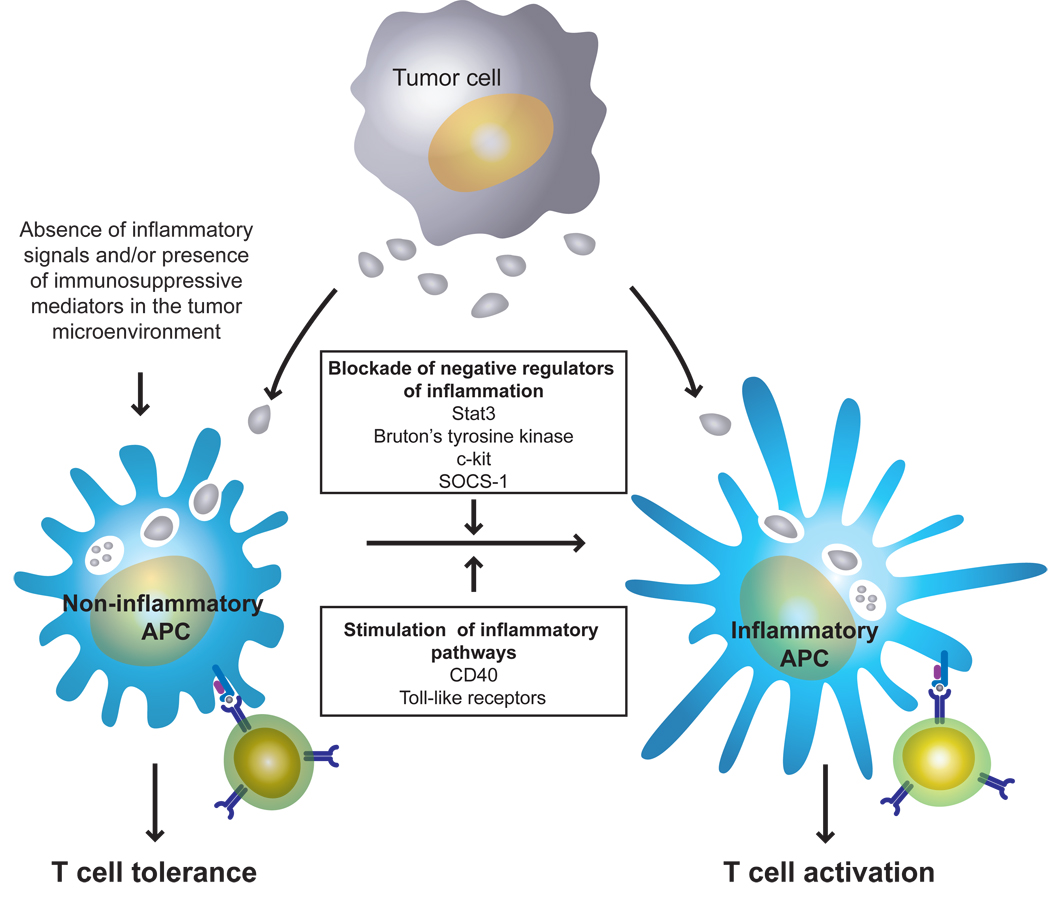Figure 1. Conversion of tumor-induced T-cell tolerance to T-cell activation.
In the immune response to tumors, BM-derived APCs capture tumor antigens at the tumor site and then migrate to the secondary lymphoid organs for presentation of antigenic peptides to tumor-specific T-cells. In the absence of inflammation and/or or in the presence of a “hostile” environment characterized by immunosuppressive factors at the tumor site, this process invariable leads to the induction of T-cell tolerance. However, generation of inflammatory APCs by either stimulating inflammatory pathways or by blocking negative regulators of inflammation in these cells can convert an APC/T-cell encounter from a tolerogenic event into a priming event in the tumor-bearing host.

